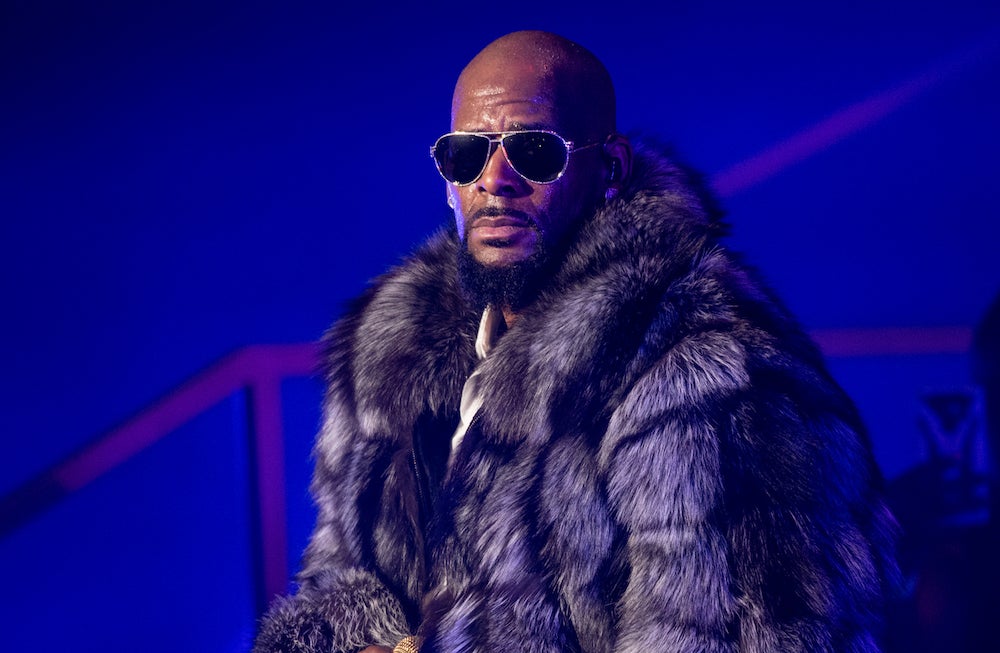
On Monday, R. Kelly released a 19-minute song called, “I Admit,” apparently bearing his soul about a slew of topics from his illiteracy and his predilection for young women, to his current status as a “a broke-ass legend” and “the most disrespected artist” in the game.
While Kelly’s woe-is-me opus was likely meant to garner sympathy from his rapidly shrinking fan base, it did nothing to change my mind about my ban on the “Pied Piper of R&B.”
At this year’s ESSENCE Festival, #MeToo Movement founder, Tarana Burke, had a message for those straddling the fence about Kelly and his music: You’re supporting the abuse and degradation of the very people you claim to care about.
“We’re talking about a man who systematically preys on Black and Brown girls and I have people on a regular basis tell me, ‘It’s just a song,'” Burke said while speaking during the, “I’m Woke, Now What?” panel.
While folks regularly say they don’t agree with Kelly’s alleged actions, attending his shows, streaming his songs, and even following him on social media still results in Kelly’s wallet getting fatter. And, as Burke mentioned, “Every dime you put in that motherf–ker’s pocket, he is using it to brutalize Black and Brown children.”
Let’s be clear. The sexual misconduct accusations surrounding R. Kelly are not new. Kelly illegally married Aaliyah back in 1994 when she was just 15 years old; he was seen having sex with a 14-year-old girl on camera in 2000; and according to veteran journalist Jim DeRogatis, the singer used to troll high school parking lots looking to meet teen girls. Moreover, Kelly has even settled cases with multiple women over the years who claim he pursued them when they were impressionable teens. If that weren’t enough, back in 2008, the singer seemed to need clarification on what “teenage” meant when asked if he liked teenage girls.
I don’t know about you, but I can’t listen to “Seems Like You’re Ready,” “Bump N’ Grind,” or “You Remind Me of My Jeep” without thinking R. Kelly is trying to charm the panties off of a teenager, so I’ve excommunicated him from my life. Still, some people (and far too many Black women) still support the man because he makes music they can dance to, and apparently, they’re totally fine allowing men who abuse women and girls to rock, so long as it isn’t anyone they actually know.
But it’s time to draw a line.
Either you’re on the side of Black women and girls, or you’re ok with them being abused–that’s what it basically boils down to. Because as DeRogatis said back in 2013, “The saddest fact I’ve learned is: Nobody matters less to our society than young Black women.”
Despite over two decades of allegations, “Kelly never misbehaved with a single white girl who sued him or that we know of,” DeRogatis added. He went on to reference a supporting point made by African-American scholar, Mark Anthony Neal, who noted that “one white girl in Winnetka, and the story would have been different.”
Instead, all of Kelly’s alleged victims were “young Black girls and all of them settled,” he added. “They settled because they felt they could get no justice whatsoever. They didn’t have a chance.”
Before you press play on another R. Kelly song, think about those girls, and the justice they deserve but may never get.
